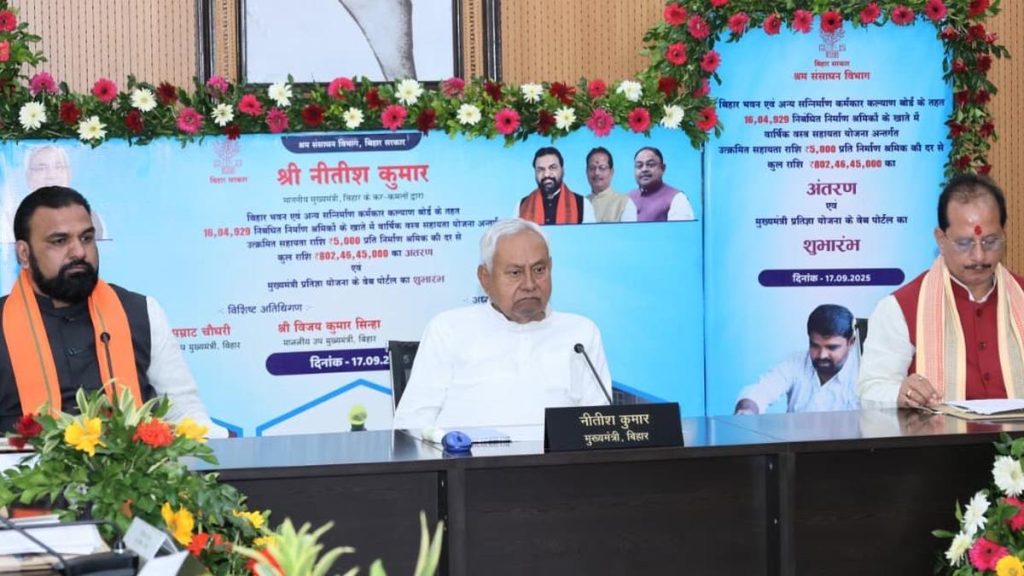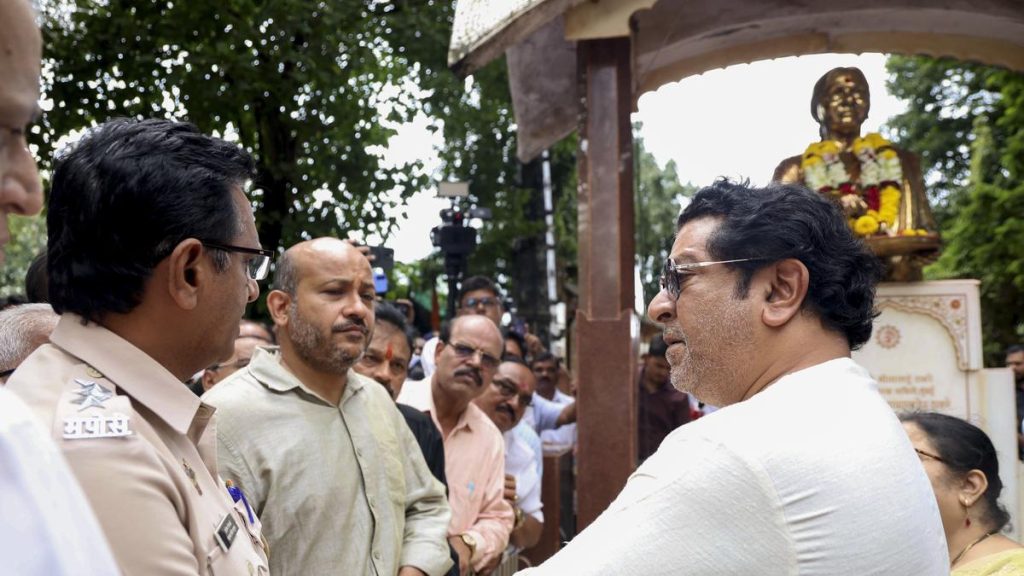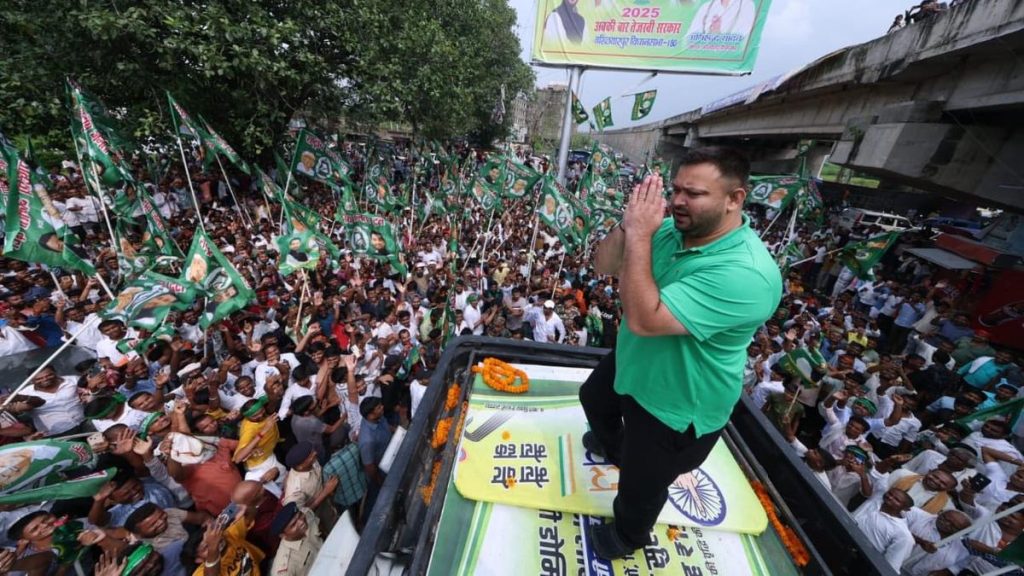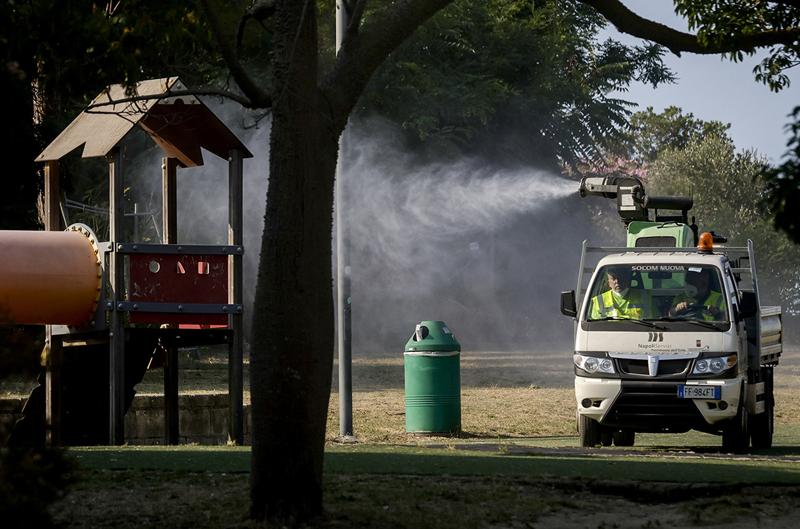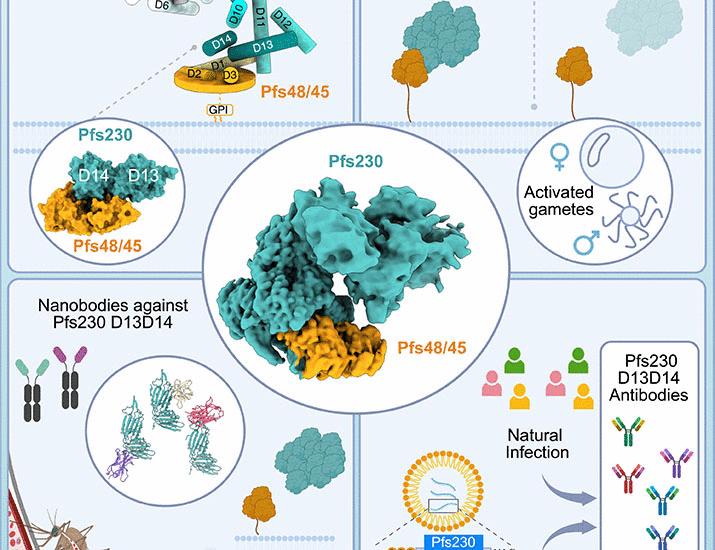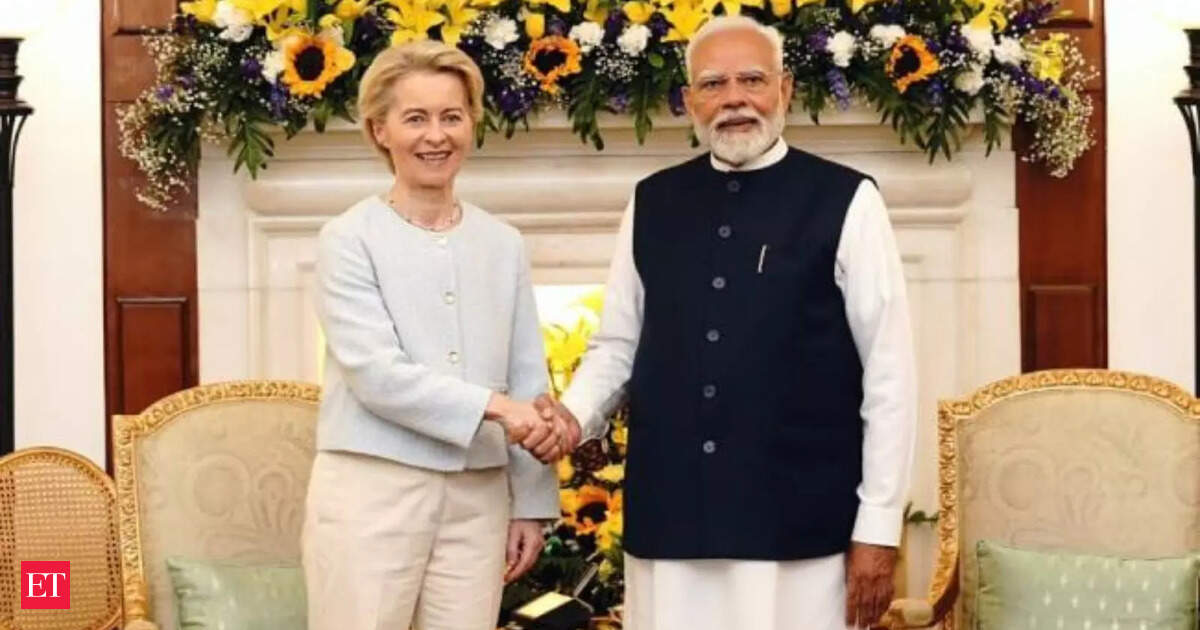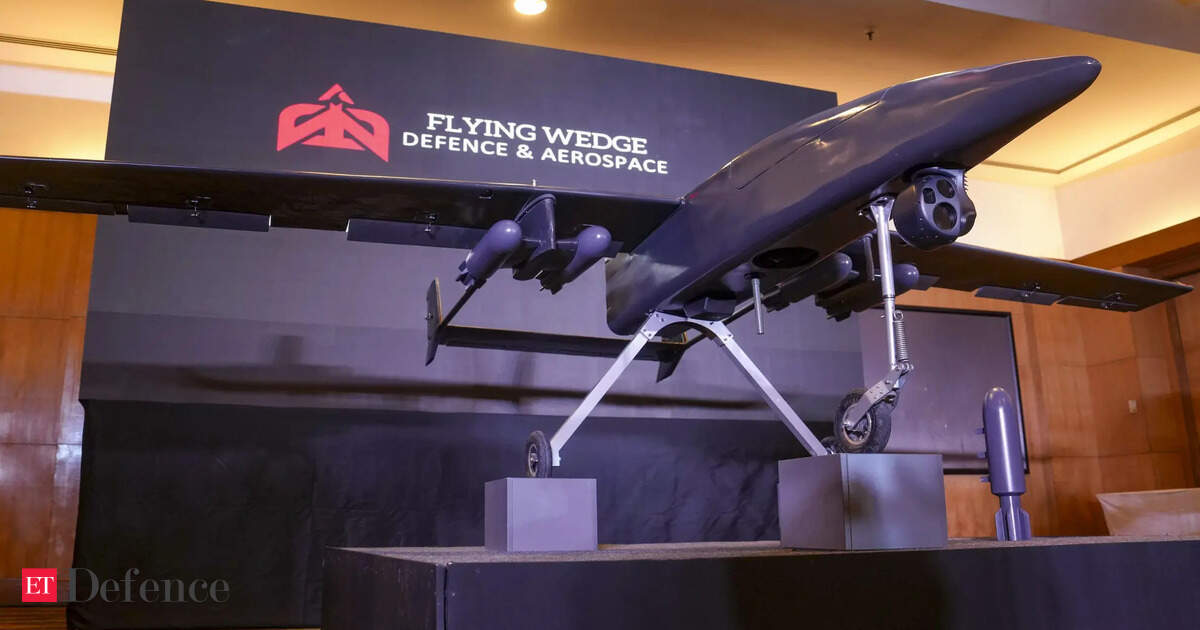Now Reading: Karnataka Dy CM Sets Deadline to Fix Bengaluru Potholes
-
01
Karnataka Dy CM Sets Deadline to Fix Bengaluru Potholes
Karnataka Dy CM Sets Deadline to Fix Bengaluru Potholes
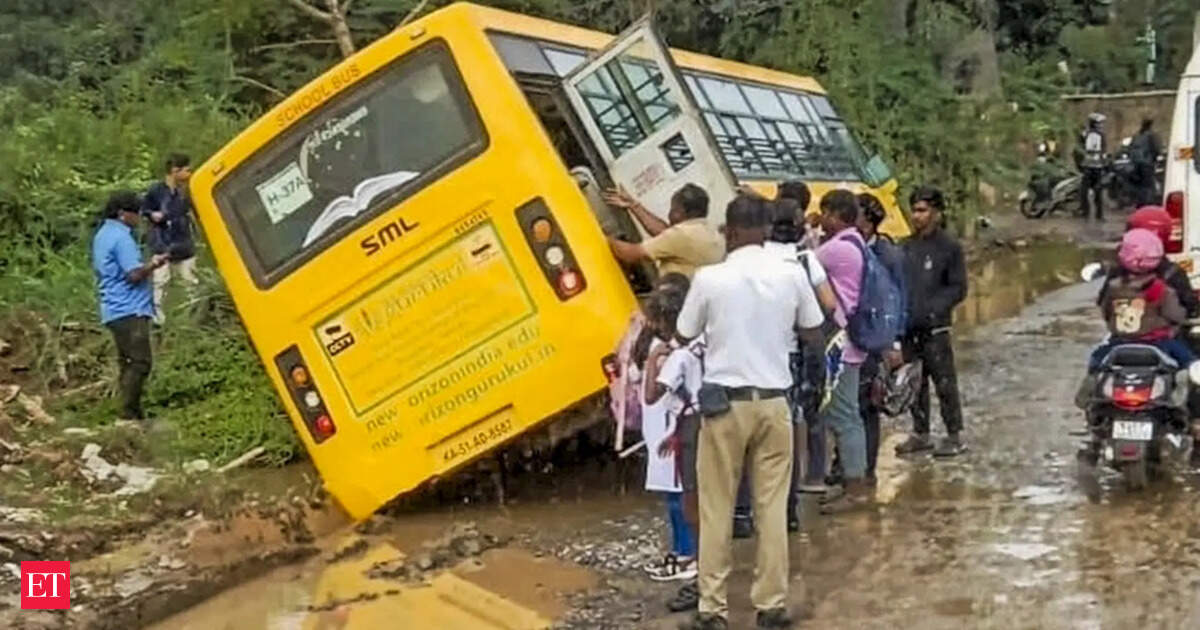
Swift Summary
- karnataka Deputy Chief Minister D.K. Shivakumar has set a final deadline for contractors to address Bengaluru’s pothole issues by November, ensuring clean roads and smooth traffic flow.
- He assured that the Greater Bengaluru Authority (GBA) will expedite relief from potholes as part of this initiative.
- Rs 1,100 crore has been allocated for road repair and construction in Bengaluru under a major road advancement push announced earlier.
- Bengaluru Central City Corporation Commissioner Rajendra Cholan inspected CV Raman Nagar division areas, highlighting multiple infrastructure issues like damaged footpaths, uncollected waste, and poor solid waste management.
- Cholan warned that officials failing to act responsibly on these residential area problems would face suspension.
- Encroachments on pedestrian pathways are being targeted for removal; penalties will be imposed on violators.
- Black spots in Central City Corporation limits will be eradicated with ward-wise lists prepared. Cleanliness campaigns aim to reclaim such areas as appealing public spaces while preventing further dumping at identified spots.
- Officials have been tasked with creating detailed reports about roads dug up by BWSSB and those requiring manhole repairs. A joint discussion with BWSSB is planned for corrective measures.
Indian Opinion Analysis
The proactive steps taken by Karnataka Deputy CM D.K.Shivakumar reflect an urgent need to improve urban infrastructure in Bengaluru. Potholes have long posed safety risks and disrupted transportation within the city known as India’s IT hub-a problem worsened during monsoon seasons. Setting a November deadline emphasizes accountability among contractors but remains an aspiring goal given the scale of required repairs.
complementing this effort is Commissioner Rajendra Cholan’s inspection focusing broadly on sanitation, encroachments, and poorly maintained pedestrian paths-all notable quality-of-life concerns in densely populated urban areas like CV Raman Nagar division. His warning of suspension suggests heightened administrative vigilance aimed at faster resolution.
Large budget allocations (Rs 1,100 crore) signal prioritization but also necessitate meticulous execution plans coupled with community engagement initiatives to sustain improvements over time. The coordinated approach involving BWSSB indicates potential streamlining across agencies-a key factor if shared goals toward road maintenance or cleanliness campaigns are to succeed sustainably.
These developments signify growing awareness among planners regarding holistic urban management challenges beyond basic repairs-relevant not just locally but potentially setting standards elsewhere across India’s expanding metropolitan cities facing similar civic grievances today.



